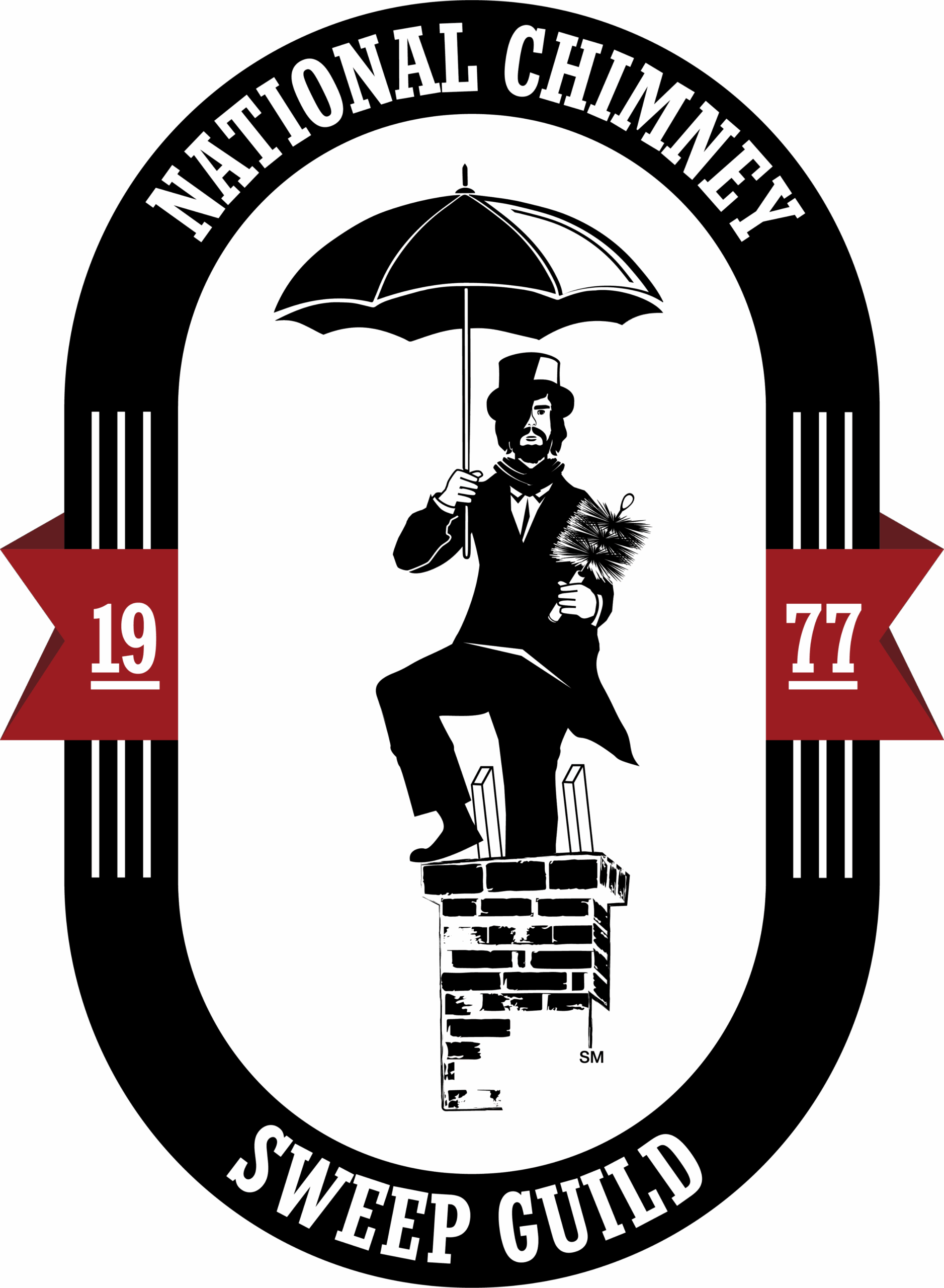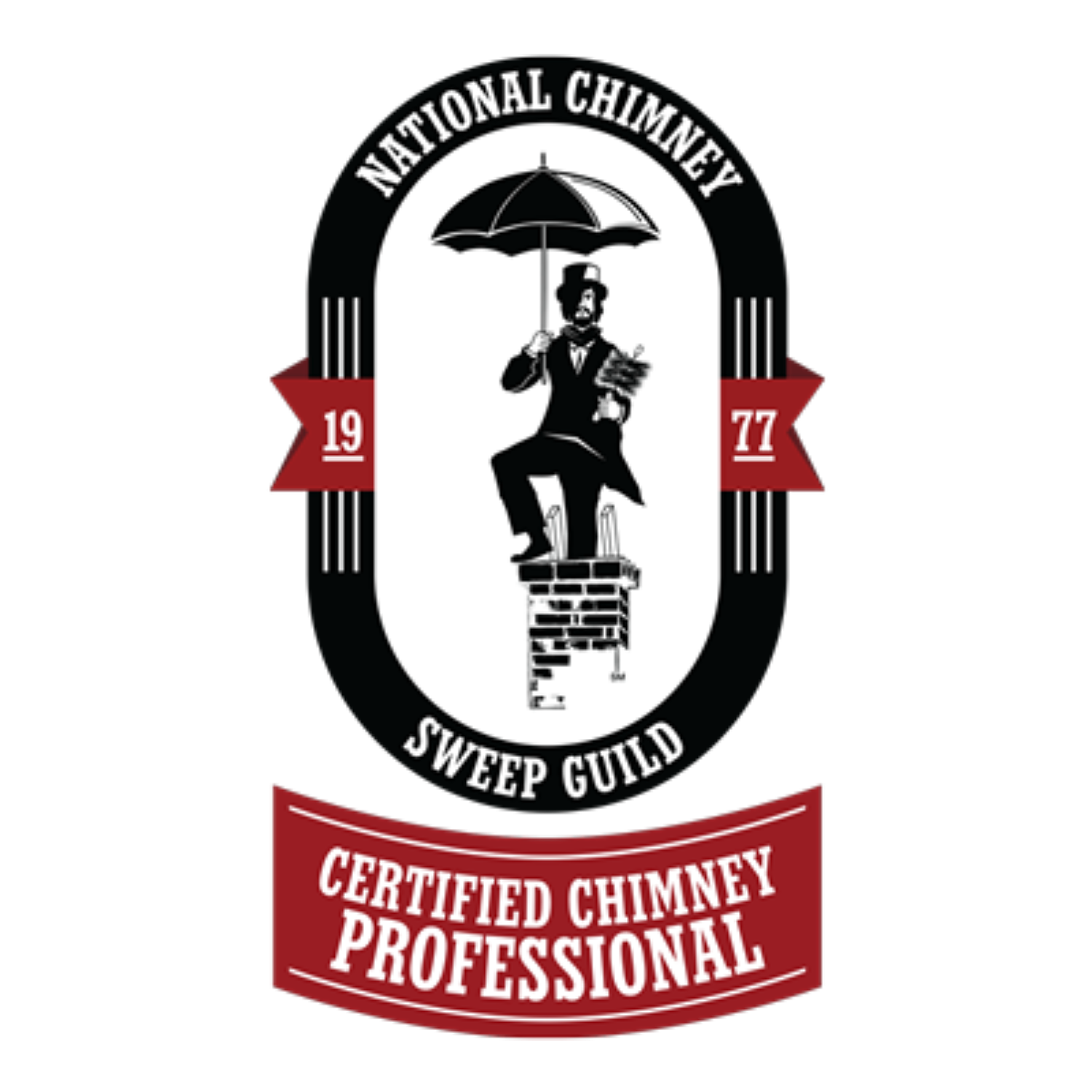Raccoon Babies in the Attic

If you have raccoon babies in the attic call Master Services (972) 877-4650 or (713) 723-4854.
You recently spotted a raccoon darting around outside of your house. The next thing you know, you’re hearing scratching noises coming from the attic. Soon enough, the sound of squealing baby animals accompanies the scratching and thumping. Does this scenario sound familiar? If so, you may have raccoon babies in the attic.
If there are raccoon babies in the attic, more likely than not, there’s also a mother raccoon in the attic, too. If you have spotted the entry and exit point that the mother is using, and the mother leaves to go hunt or something of the like, do not seal the entry point! The mother will most definitely use her strength and intelligence to force her way back through the hole. You should also never try to approach a mother raccoon, especially if her litter is present. Mama coons are extremely protective of their young and will violently attack you if they feel threatened. Raccoons often carry infectious diseases that can be very harmful to humans, so again, do not try to handle the raccoon babies in the attic on your own!
The best thing to do if you have raccoon babies in the attic is to call a professional wildlife removal service. There are several different methods that could be used to remove raccoon babies in the attic, although one of the more common methods used is raccoon eviction fluid. The raccoon eviction fluid is a mix of natural male raccoon pheromones, along with urine from other raccoon predators. Male coons will attack and kill baby coons and impregnate the mother if he finds them. This makes the male coon a natural predator to the female coon. A wildlife removal technician can strategically place raccoon eviction fluid in the area where the mother coon and her pups are dwelling, and the scent will alert the mother into thinking there’s danger nearby and she will relocate her pups on her own. This method is a preferred way to remove raccoon babies in the attic because no trapping or live capture is involved. This also keeps costs low because fewer visits are required to remove the raccoon babies in the attic. Raccoons can cause quite a bit of damage, resulting in the need for costly repairs. The sooner you act, the less mess there will be to clean up.










